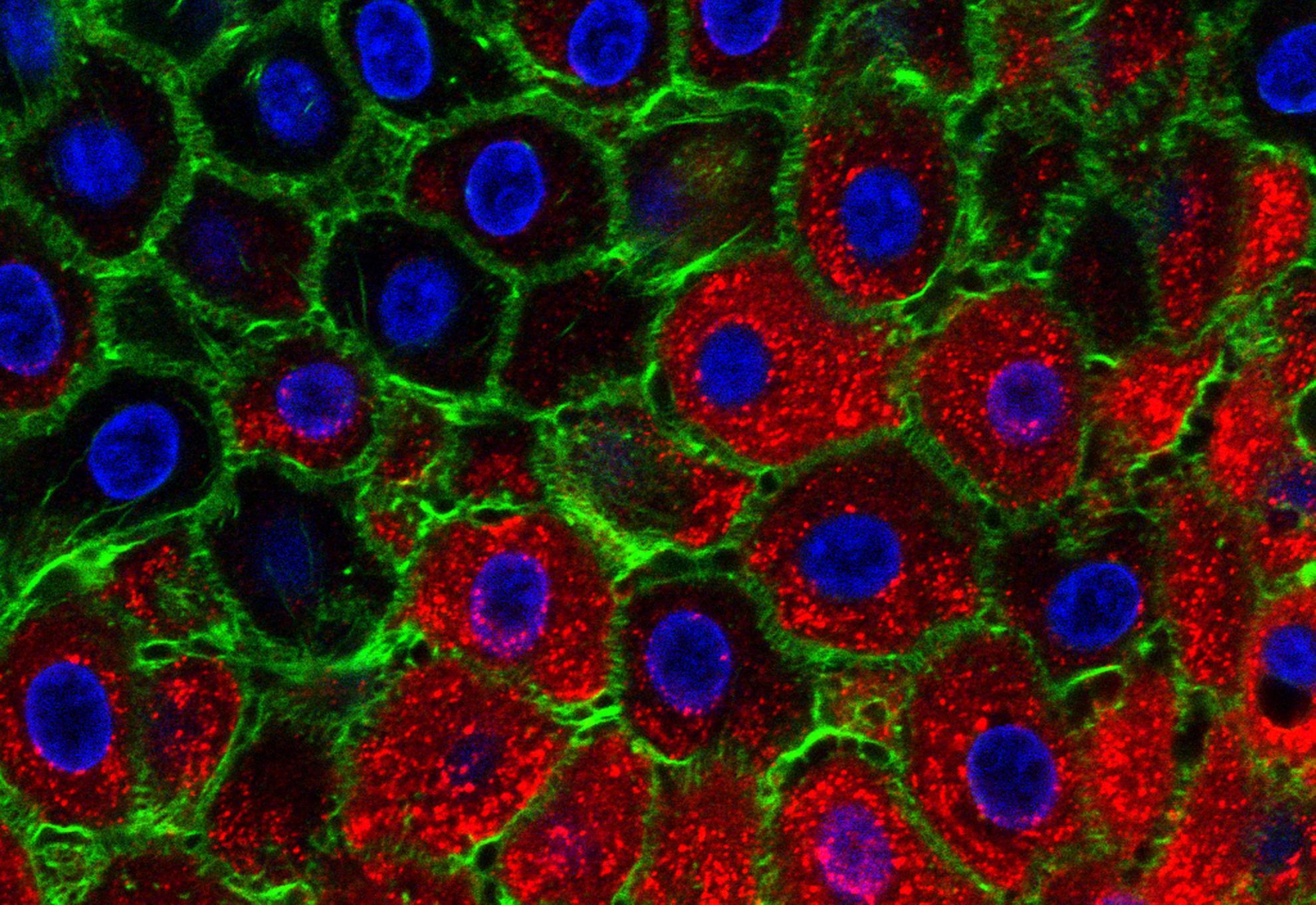Thermal inactivation of foot-and-mouth disease virus in extruded pet food
The risk of importing foot-and-mouth disease, a highly contagious viral disease of livestock, severely restricts trade and investment opportunities in many developing countries where the virus is present. This study was designed to investigate the inactivation of foot-and-mouth disease virus (FMDV) by heat treatments used in extruded commercial pet food manufacture. If extrusion could be shown to reliably inactivate the virus, this could potentially facilitate trade for FMDV-endemic countries. The authors found that there was no detectable virus following: i) treatment of FMDV-spiked meat slurry at 68°C for 300 s; ii) treatment of FMDV-spiked slurry and meal mix at 79°C for 10 or 30 s, or iii) treatment of homogenised bovine tongue epithelium, taken from an FMDV-infected animal, at 79°C for 10 s. This corresponds to an estimated 8 log10 reduction in titre (95% credible interval: 6 log1013 log10). Furthermore, the authors found that the pH of the slurry and meal mix was sufficient to inactivate FMDV in the absence of heat treatment. This demonstrates that heat treatments used in commercial pet food manufacture are able to substantially reduce the titre of FMDV in infected raw materials.
